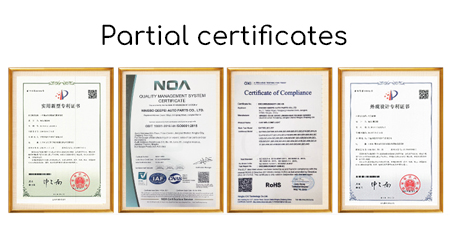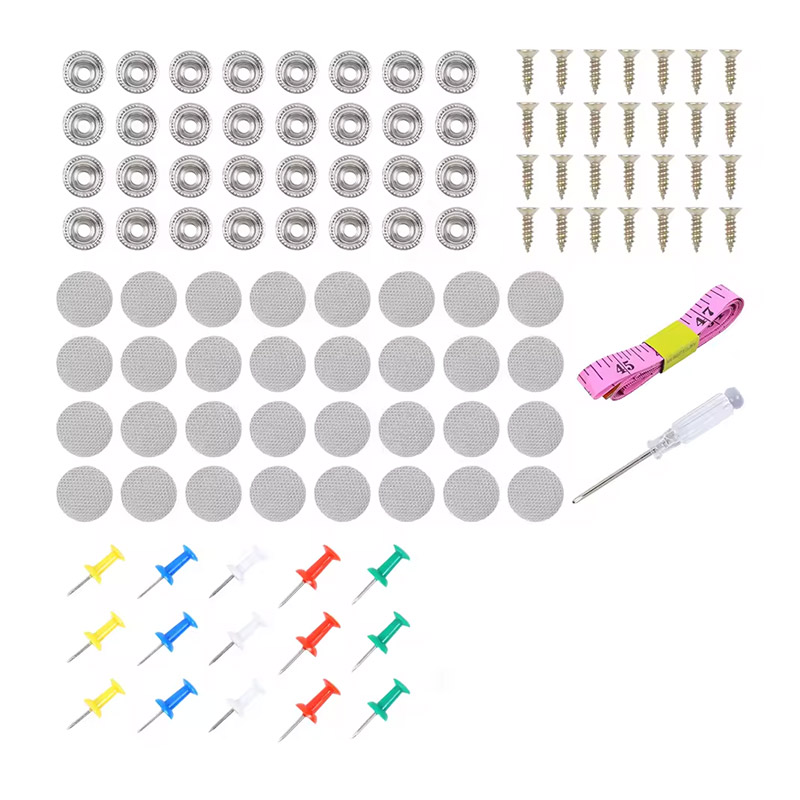


- English
- Français
- Deutsch
- Español
- Italiano
- Português
- русский
- العربية
- 日本語
- tiếng Việt
- Nederlands
- ภาษาไทย
- Polski
- 한국어
- Svenska
- magyar
- Malay
- বাংলা ভাষার
- Dansk
- Suomi
- Pilipino
- Türkçe
- Gaeilge
- Indonesia
- Norsk
- český
- ελληνικά
- український
- فارسی
- Burmese
- ລາວ
- Latine
- Қазақша
- Azərbaycan
- Slovenský jazyk
- Lietuvos
- Eesti Keel
- Română
- Srpski језик
- Afrikaans
- שפה עברית
- icelandic
- беларускі
- ქართული
- Кыргыз тили
- Монгол хэл
- Тоҷикӣ
- O'zbek
- Հայերեն
- Lëtzebuergesch
 Whatsapp
Whatsapp














